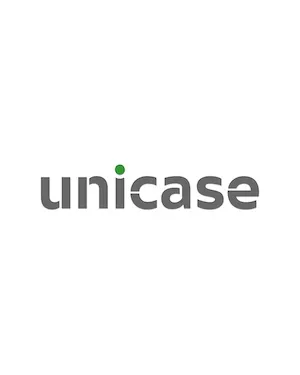- with readers working within the Retail & Leisure industries
- within Tax, Finance and Banking, Media, Telecoms, IT and Entertainment topic(s)
The active flow of foreign investments has become possible due to the pro-market reforms carried out since 2016 in Uzbekistan. Liberalization of the foreign exchange market, large-scale privatization of state-owned enterprises, the planned liberalization of some domestic prices, modern monetary policy - all this is extremely positively perceived by investors who are ready to invest in Uzbekistan more and more. As such, at the end of the last year, the President of Uzbekistan approved a privatisation plan aimed at increasing the participation of the private sector in the country's gross domestic product.
Privatisation is the acquisition of public property entities or shares to the private entities, and denationalisation is the transformation of state-owned enterprises and organisations into economic partnerships that are not publicly owned.
Main principles
- determining the forms of denationalisation and privatisation;
- the combination of the paid and gratuitous nature of the transfer of property during denationalisation and privatisation;
- equality of citizens' rights to receive a share of property subject to gratuitous and remunerative privatisation;
- ensuring the social security of all citizens in the context of denationalisation and privatisation;
- transparency, state and public control over the implementation of measures for denationalisation and privatisation;
- compliance with the requirements of competition law.
Entities
Entities acquiring public property may be:
- citizens of the Republic of Uzbekistan, or other states, and stateless persons;
- legal entities; foreign legal entities.
Forms and Conditions
Denationalisation and privatisation in Uzbekistan can be in the following forms:
1. transformation of a state enterprise into a business partnership or a company;
2. sales of state property to non-state legal entities and individuals by tender and auction, as well as in other forms that do not contradict the legislation of the Republic of Uzbekistan.
Sales and acquisitions
1. Entities of public property may be sold by tender.
2. The terms, procedure and terms of the tender shall be determined by the tender commission appointed by the appropriate administrator of the objects of public property.
The decision to enter into the auction sale is made by the administrator of public property objects.
In order to conduct the auction, the managers of public property entities shall establish auction services operating in accordance with the procedure determined by the Cabinet of Ministers.
The entities which are not purchased by the buyers remain in republican or municipal ownership. In these cases, the manager of the property may decide to liquidate the enterprise with the sale of its property in parts.
Pricing
The starting price of the asset can be set through using one of the following price bases:
- book value;
- nominal value;
- quotation on the stock exchange; the value of net assets; or the
- estimated value of government assets, which can be reduced by the Committee up to 70%.
Mutual obligations
- An agreement may be concluded between the managers of the public property entities and the new owner on the mutual obligations and conditions for a certain period, including:
- saving the company profile and production volumes;
- saving or changing the number of jobs;
- implementation of measures to improve the working conditions of employees, environmental safety and environmental protection;
- maintenance of social and household objects, preservation of their functioning conditions;
- features of social and household provision of employees; and other obligations.
- The terms of the agreement are determined during the preparation of the enterprise for denationalisation and privatisation.
Transaction Processing Procedure
The administrator of public property entity issues a warrant certifying the ownership right, when transferring property to a new owner. The amount of the state fee and the procedure for its payment shall be established by law. If the purchase is in installments, a warrant certifying ownership is issued after the first purchase payment is made.
The content of this article is intended to provide a general guide to the subject matter. Specialist advice should be sought about your specific circumstances.
[View Source]

